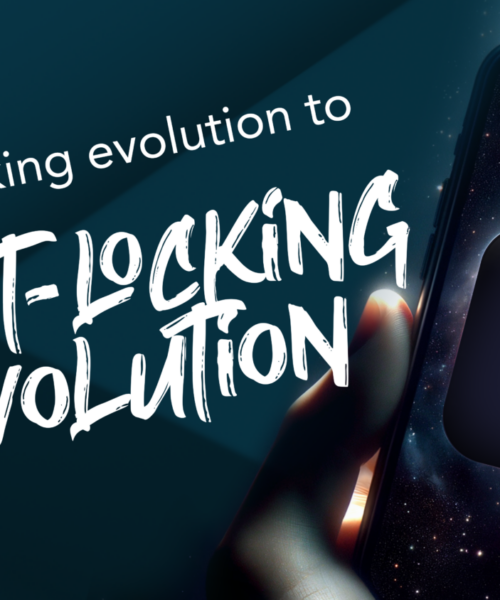The secret to cost-efficient locking

If you’re responsible for the administration of properties that have many doors and numerous users, you may think a traditional mechanical locking system is cheaper than investing in a digital locking one. For sure, there are very cheap mechanical locks on the market, but they are also very unsafe and could end up costing you more than your safety in the long run.
One key per user is enough
With mechanical locks, individual keys need to be cut for each user of the door. If 10 users have access rights to the same door, 10 key copies are required. And making copies is not cheap! Digital keys are mechanically identical, and no individual cuts are required. Individually encrypted access rights are quickly and simply programmed into the key’s microchip when the key is handed over to the user.
And what happens if a user needs to be able to open 10 different doors in a property? With a mechanical locking system, he needs to carry 10 different keys. With a digital locking system, access rights of all the 10 doors can be programmed to one key – and with no additional cost.
The cost of key copying should be added to the cost of the mechanical locking system. So, that’s digital locking 1, mechanical locking 0. Any more cost implications? Let’s continue.
No need to change cylinders if keys are lost
Every time a mechanical key is lost, to maintain security, the cylinder must be re-keyed or the entire cylinder would need to be replaced. In addition, a new key needs to be cut, and copies of that key need to be made for all users of that door. How many times are keys lost in a year? In five years? In ten years? The costs soon mount up! And if a master key is lost, the problem is multiplied, since all the cylinders the key operates will need to be changed – that’s a huge expense.
With a mechanical locking system, due to the costs, sometimes the cylinders just aren’t replaced. And, unauthorized key copying cannot be controlled. This means that, as time goes by, where keys are and who is using them is unclear. The security of the property is dangerously compromised. This requires additional investments if the level of security is to be maintained.
With a digital locking system, it’s as simple as cancelling the lost key without cost. There is no need to change the cylinder or worry other users. Security does not degrade over time.
So, that’s digital locking 2, mechanical locking 0. Anything else?
No need to worry about unreturned keys
In rented housing with a mechanical locking system, it’s necessary to change the cylinder every time a tenant changes because it’s impossible to know if they made any unauthorized copies of their key. With a digital locking system, keys cannot be copied. If a tenant does not return their key, it is simply deleted from the system.
So, that’s digital locking 3, mechanical locking 0.
Conclusion
Investing in a digital locking system may seem more expensive at first. But, with no need to make multiple copies of many different keys or change locks if a key is lost or unreturned, it’s definitely smarter and cheaper in the long run.
And if, in addition, the digital locking system is a battery- and cable-free one from iLOQ, there’s no need to invest in additional wiring or pay for batteries and the maintenance costs related to replacing them making the comparison to competitors’ locking systems even more favorable.




















